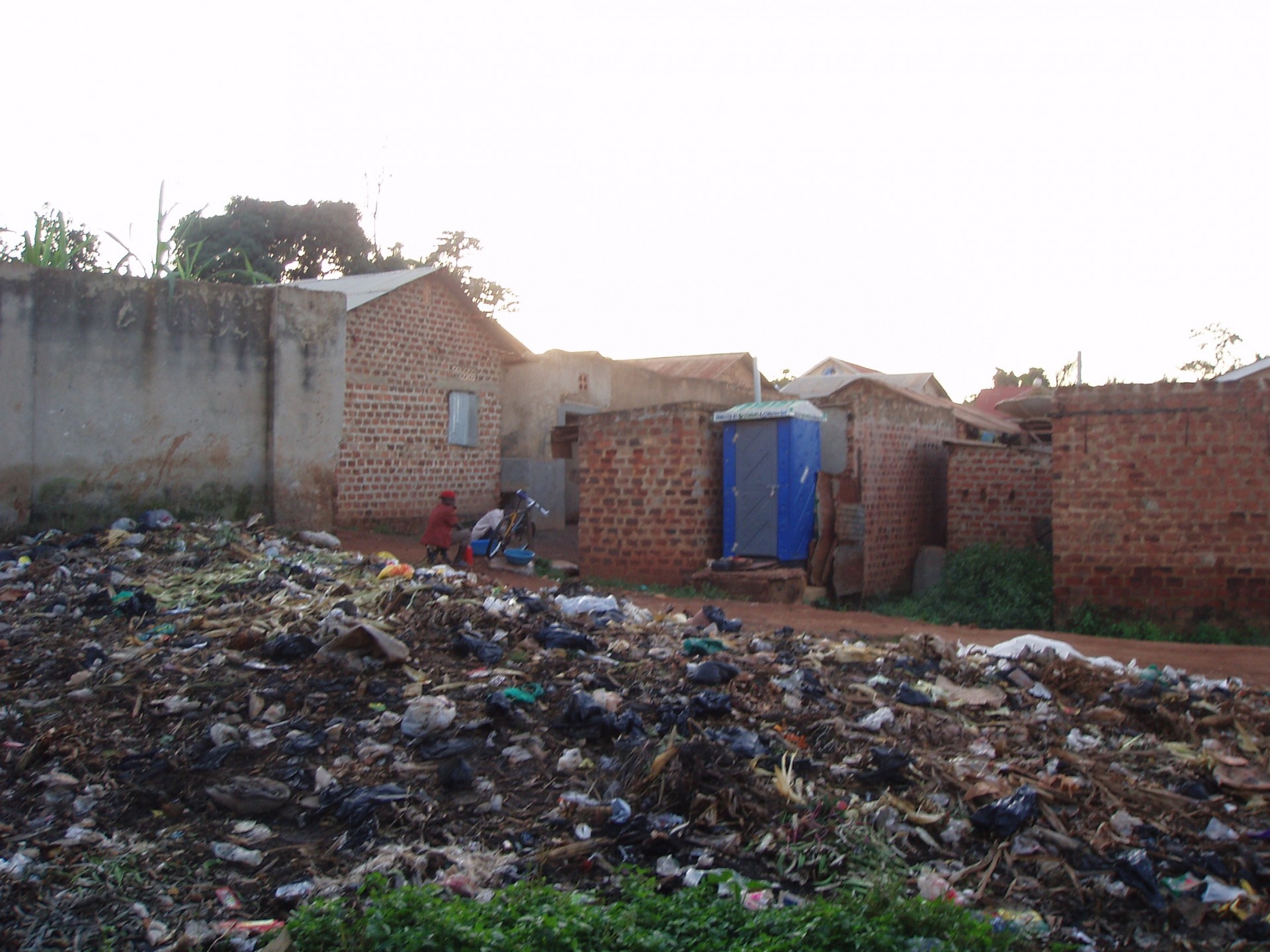This isn't the first time quasi-idealist and populist declarations were made by a high-level statesman in India. In 2016, Prime Minister Modi’s demonetisation initiative that promised to end corruption ended in a regressive economic rate and a disaster for banks, retailers, and consumers alike.
It may come as a surprise that single-use plastic had already been banned in 25 of the 29 states in India, long before the environment minister’s remarks. States like Punjab, Karnataka, and now Maharashtra have already banned single-use plastics.
Yet in the former two, the enforcement of the ban is so hilariously non-existent, that many of their long-term residents don't know about the ban's existence.
Maharashtra, which enforced the ban in March this year, recently extended the deadline for usage of plastic bags after intense corporate lobbying.

It’s not just the poor regulation and enforcement infrastructure in India that spells worries for the ban’s scope.
The country's waste management system is woefully ill-equipped to tackle the burgeoning garbage that finds its way into massive landfills near low-income residential communities and rivers such as the Yamuna.
This brings us to the second reason why the plastic ban may not succeed in the given time-frame. In an effort to incentivize the plastic ban for consumers and retailers alike, the Maharashtra state government offered the buyback option. This way consumers could return plastic bottles to retailers for a discount. Retailers would then give these over to the waste disposal authorities.
But as these authorities have themselves pointed out, they lack sufficient resources, both material and human, to tackle this additional channel of plastic waste.
Finally, in a country where a large majority of the population still buys its fruits, vegetables, dairy, and meat from street vendors, the lack of cheaper alternatives to plastic is bound to cause severe financial distress en masse.
And let’s not even get started on the plastic industry and the adverse effect this ban would have on the economy.

In order for the plastic ban to actually succeed, India should allocate resources to replenishing ramshackle institutions such as the Central Pollution Control Board and other task forces dedicated to enforcing the ban.
At the same time, alternatives such as fibre or reinforced paper must be subsidized in order to be commercially viable for small-scale vendors. As was seen in the demonetization debacle, as well as the Maharashtra example earlier this year: sudden moves don’t work.
What India needs is a phased approach, focussing on a single state as an experiment and using its success as an exemplar for other states to follow suit.





